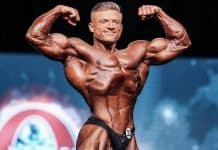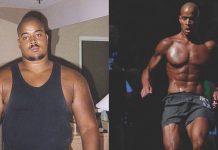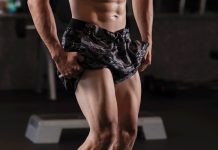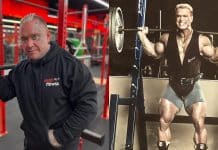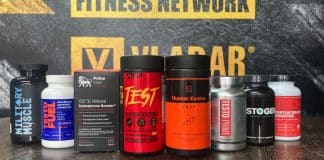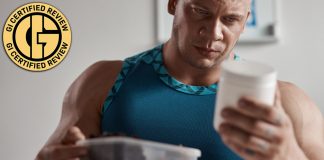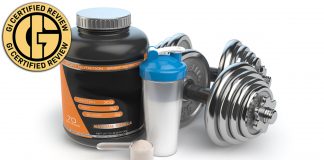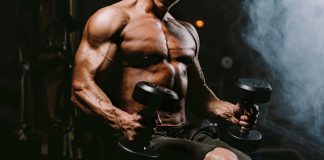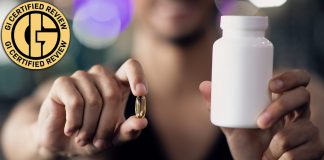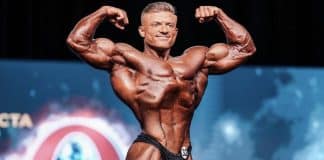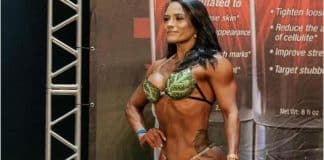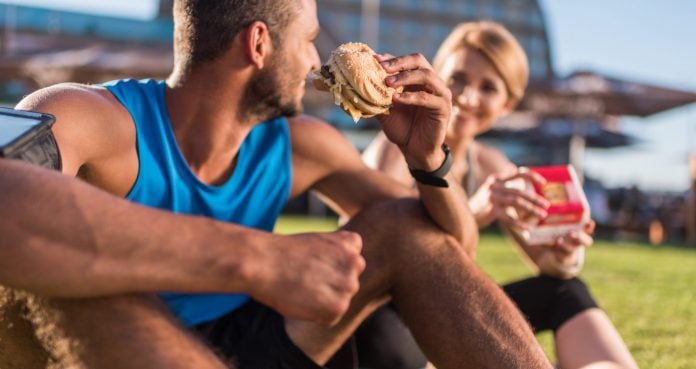
The fuel you put into your body after a workout plays a significant role in reaching your fitness goals.
Giving due attention to your pre-workout nutrition is crucial. Yet, it’s equally important not to underestimate the significance of post-workout nourishment. This critical period following your training session is when your body recovers, and optimizing your diet after a workout accelerates the muscle-building process. What is the ideal post-workout nutrition? This article unveils the essential macronutrients, micronutrients, and their top-notch sources. Additionally, we delve into post-workout supplements that can significantly benefit you after a long training session.
Post-Workout Nutrition – Macros
In the post-workout state, your body recovers from your grueling training session. Eating can affect how well you recover and the muscles you build. Below is a breakdown of the macros you need to fuel your body.
Protein
Protein is a must after your workout. During training, you stress your muscles and cause tears in them. Protein is a building block for muscles and will help heal and grow them after training. Protein synthesis leads to muscle building and occurs immediately after strenuous training. This study on recreational bodybuilders shows how timing the nutrients you consume after training helps with muscle adaptations (1).
This is not to say that you shouldn’t eat proteins throughout the day to meet your daily quota. However, consuming protein immediately after your workout can be beneficial. Solid protein from whole foods is best for optimal health, but digesting the nutrients to hit your muscles takes longer.
In addition, it can be challenging to get enough protein from food sources alone — shoot for one gram per pound of body weight to maximize muscle growth. For this reason, you’ll find many lifters consuming protein shakes after their workouts. Protein in liquid form is easier and faster to digest, ensuring it hits your muscles immediately to start protein synthesis.
In addition to supplements, you should consume foods such as meat, fish, eggs, and yogurt to keep your protein intake high.
Carbs
Carbs are also very important post-workout. They help replenish your glycogen, which gives energy to your muscles. When glycogen levels are low in your body, it breaks down muscles to replace them—consuming carbs after your workout prevents this by releasing insulin. Insulin then replenishes the glycogen used during your training. Research shows that combining proteins and carbohydrates is the best way to replenish your glycogen stores after workouts (2).
Carbs are your body’s primary energy source, which makes them essential for performing your best in the gym. Aim for at least 40% of your diet to come from carbs. Foods rich in complex carbs include potatoes and rice.
Post-Workout Nutrition – Supplements
Post-workout supplements can also help you optimize recovery. Most post-workout supplements contain electrolytes to help with hydration, which we’ll see below. Here are some essential post-workout ingredients to be on the lookout for.
Creatine
Creatine is great post-workout supplement because it drives water into your muscle cells to carry nutrients to them. Creatine also releases ATP (adenosine triphosphate) to give your muscles extra energy to increase workout performance, allowing you to lift heavier and do more reps.
Glutamine Amino Acids
A hard workout depletes the glutamine levels in your body, an essential ingredient for muscle growth. Consuming glutamine amino acids after a workout will replenish those stores and boost muscle synthesis.
BCAAs
The post-workout supplement BCAAs (branched amino acids) helps post-workout recovery and reduces muscle soreness. They can aid muscle growth as well.
Post-Workout Nutrition – Hydration & Electrolytes
Hydration and electrolytes are important before, during, and after your workouts. Water is the most significant component of your body, and as humans, we cannot adapt to a chronic water deficit. The human body shows signs of dehydration with as little as one percent of body weight water loss. Simply put, if you don’t stay hydrated, your workout performance, recovery, and ability to build muscle will suffer.
Hydration
Your physical and mental performance can be affected if you don’t rehydrate after a workout, and you can only achieve rehydration if you replenish the electrolytes and water lost during training (3). Moreover, losing more than two percent of your body mass in water risks symptoms like vomiting, diarrhea, nausea, and other gastrointestinal problems. Surprisingly, overhydration can also cause nausea, headaches, and confusion; these symptoms are due to a lack of enough electrolytes.
So, how much water should you consume after your workout? Aim to hit about one and a half times what you lost while exercising. You need to drink more because even after exercising, you still lose water through urination and sweating. To calculate how much water you have lost during training, weigh yourself before and after your workout. Subtract your weight after training from your weight before and ensure you don’t lose over two percent of your body weight in water (4).
Electrolytes
Electrolytes work on a micro level by helping to maintain the water balance in and out of your cells (too little or too much is dangerous). Lack of electrolytes can lead to physical discomfort, an increase in your heart rate, and, in extreme cases, a heart attack or even death. Common electrolytes include sodium, magnesium, potassium, calcium, and phosphate. Besides consuming supplements and liquids containing electrolytes, foods such as bananas, which are rich in potassium, also have electrolytes.
You could factor in recommendations to know how much of your electrolytes to replace. For example, the FDA recommends 2.3 grams of sodium daily for sedentary individuals. You could lose 1 gram of sodium per hour or even more through sweat when exercising. You can then see how necessary it is to replenish your electrolytes after a workout.
Wrapping Up
Ensuring an adequate intake of protein, carbohydrates, and micronutrients is crucial to achieving optimal results from the gym. However, there are distinct benefits to consider regarding the timing and composition of your meals. Incorporating macronutrients such as proteins and carbs after your workout can significantly aid recovery. Also, proper hydration with water and electrolytes is paramount following your training session.
Follow us on Instagram, Facebook, and Twitter for more nutrition tips!
References
- Cribb, P. J., & Hayes, A. (2006). Effects of supplement timing and resistance exercise on skeletal muscle hypertrophy. Medicine and science in sports and exercise, 38(11), 1918–1925. https://doi.org/10.1249/01.mss.0000233790.08788.3e
- Burke, L. M., van Loon, L. J. C., & Hawley, J. A. (2017). Postexercise muscle glycogen resynthesis in humans. Journal of applied physiology (Bethesda, Md. : 1985), 122(5), 1055–1067. https://doi.org/10.1152/japplphysiol.00860.2016
- Maughan, R. J., & Shirreffs, S. M. (1997). Recovery from prolonged exercise: restoration of water and electrolyte balance. Journal of sports sciences, 15(3), 297–303. https://doi.org/10.1080/026404197367308
- American College of Sports Medicine, Sawka, M. N., Burke, L. M., Eichner, E. R., Maughan, R. J., Montain, S. J., & Stachenfeld, N. S. (2007). American College of Sports Medicine position stand. Exercise and fluid replacement. Medicine and science in sports and exercise, 39(2), 377–390. https://doi.org/10.1249/mss.0b013e31802ca597




